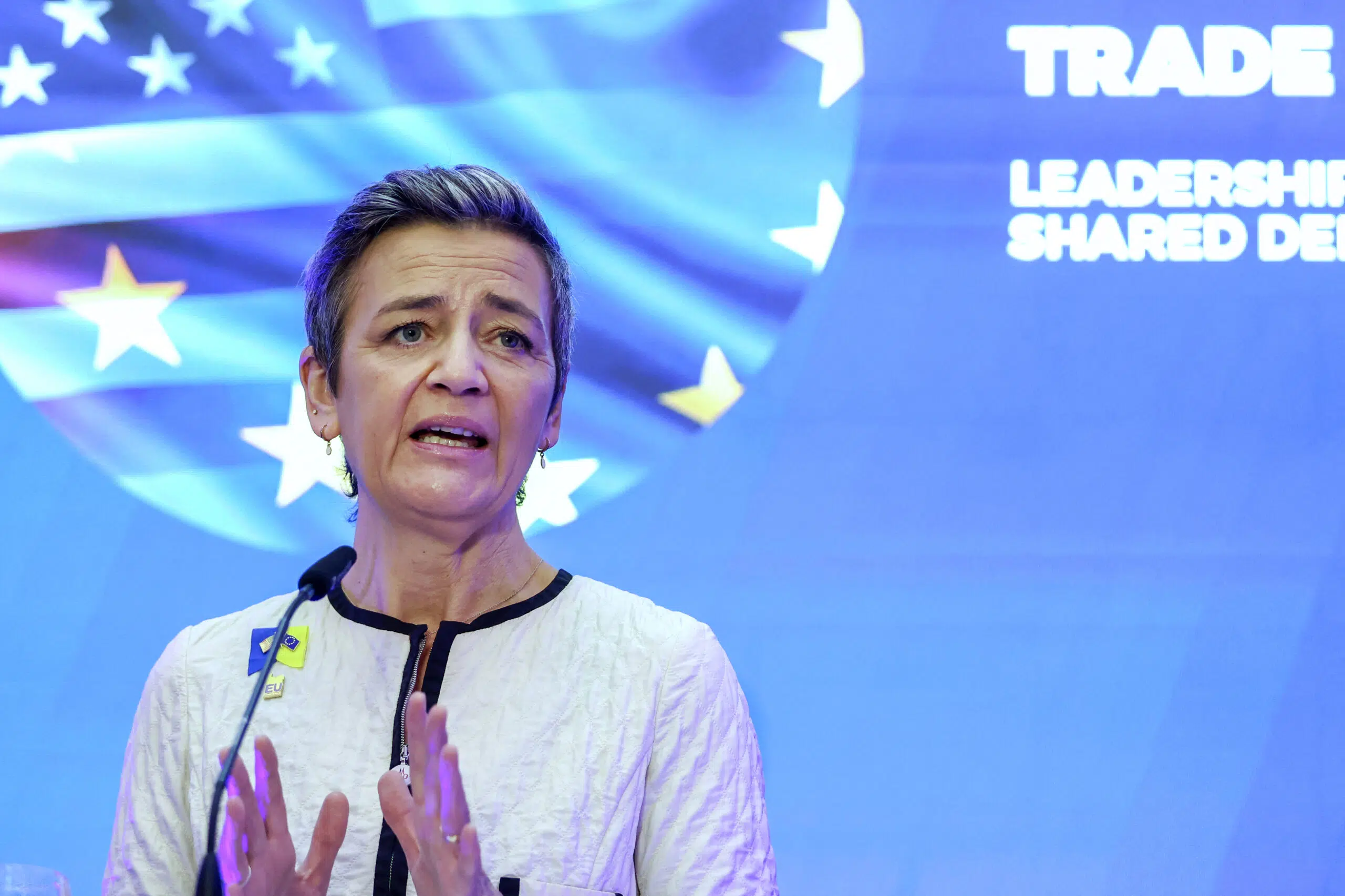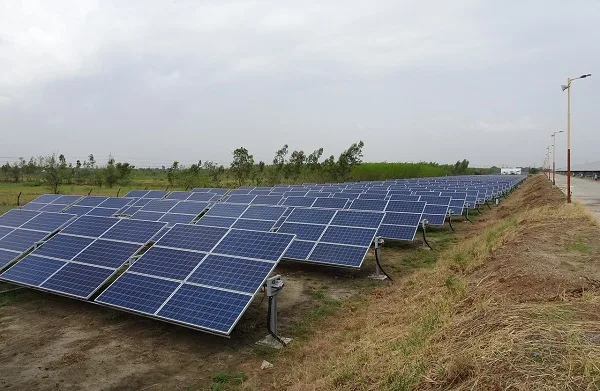Brussels – Catapulted into an increasingly scary world economic order, the EU turns to its longtime ally. The European Commissioner for Competition, Margrethe Vestager, chose the prestigious Princeton University to launch an appeal to the United States: in the geopolitical race for technology—with China leading the way—”having partners you can trust is a competitive advantage.”
On the altar of the historic friendship that binds the two sides of the Atlantic, the EU Commission is ready to put the increasingly complicated relationship with Beijing, “partner, economic competitor, and systemic rival.” The executive vice president of the European Commission, invited to the prestigious American university, was stern on the People’s Republic of China, which “does not always play fair” when it comes to the market for critical technologies.
Beyond words, actions, to convince Washington—and the next tenant of the White House—that the EU has no doubt whose side it is on. Investigations into imports of electric vehicles from China launched in October, on which “if we were to establish that these electric cars were illegally subsidized, we would impose remedies,” and into “suspicious bidding” in several tenders in Bulgaria and Romania, with Chinese companies that “may have been unduly advantaged.”

But Vestager relaunched, announcing the launch of a new investigation into Chinese wind turbine suppliers. “We are investigating the conditions for the development of wind farms in Spain, Greece, France, Romania, and Bulgaria,” the commissioner said. The announcement comes at a time when China’s trade minister is travelling in Europe, aiming to, according to Reuters, reject the EU investigation into electric cars.
Before the Princeton audience, Vestager exposed the method used by Beijing to “dominate” the solar panel industry: “First, by attracting foreign investment into its large domestic market, usually by requiring joint ventures. Second, by acquiring the technology, and not always transparently. Third, by giving massive subsidies to domestic suppliers, simultaneously and progressively closing the domestic market. And fourth, by exporting excess capacity to the rest of the world at low prices.”
The result is that only 3 per cent of the solar panels used in the European Union today were produced in the 27 member countries. The commissioner was peremptory: “We cannot allow what happened for solar panels to be repeated for electric vehicles, wind power, or essential chips.” However, the EU, squeezed between the two giants, the US and China, needs to have its back covered. “As we further develop the clean technology strategy, we need to think about the issue of reliability,” Vestager pressed.
EU looking for “reliable partners”
The proposal launched by von der Leyen Cabinet Office Competition Officer is to “develop, at the G7 level, a list of reliability criteria for critical clean technologies,” ranging from environmental footprint in their production to workers’ rights to cybersecurity, and that can be used “as conditions for certain incentives” or as “criteria” in government procurement.
A concerted approach between partners who “share the same values” at the antipodes of what happened with Gov. Joe Biden’s passage of the Inflation Reduction Act, the massive plan to support domestic industry that in August 2022 undermined the competitiveness of European companies. “By tying criteria to local production instead of reliability, the US has limited the scaling potential of Western manufacturers. And they have forced us to retaliate by matching subsidies,” Vestager prodded, pointing out that in this way, “each of us is using taxpayer money to attract or retain each other’s projects, instead of using it to give our companies an innovative or competitive edge in this global race.”
However, Brussels seems ready to put Washington’s snub behind it in the name of a common cause that will have to be renewed by the next leaders on both sides of the Atlantic—with the bogeyman of a return to power of Donald Trump. “As both the EU and the US enter the election period, we see the uncertainty ahead. But one thing remains certain: in this geopolitical race for technology, having partners you can trust is a competitive advantage,” Vestager concluded.
English version by the Translation Service of Withub

![La direttrice di Carnegie Europe, Rosa Balfour, con la rappresentante per il Commercio degli Stati Uniti, Katherine Tai [Bruxelles, 4 aprile 2024. Foto: Carnegie Europe, account X]](https://www.eunews.it/wp-content/uploads/2024/04/tai-carnegie-350x250.png.webp)




![Un campo coltivato [foto: imagoeconomica]](https://www.eunews.it/wp-content/uploads/2025/04/campo-coltivato-120x86.png)